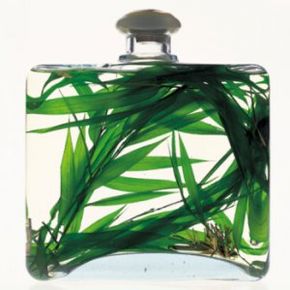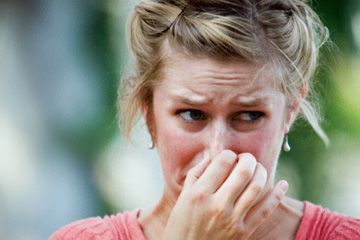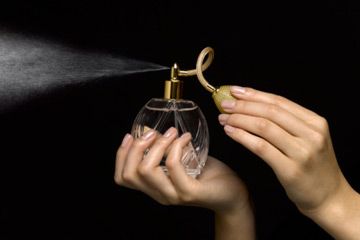It's a scorching summer day, but your lawn is starting to look like it could house a rainforest, and there's no end of this heat wave in sight. Your husband is out of town on business and your kids aren't yet old enough to be tasked with the chore, so with a sigh, you go gas up the lawnmower and get to work.
Fast forward and three grueling hours later, sweat is flowing off you like it's in a race to reach the mighty Amazon. As you go to wipe your forehead on your sleeve, something decidedly unpleasant happens: You smell yourself. It's OK: It happens to the best of us. Summer is a beast of a season. But what helps determine this particular aroma wafting off of you?
Advertisement
Many things affect how you smell at any given time: These can include what you eat, your overall health, your microbial passengers, your emotional state and even the time of year. All of it factors in to create the glorious cocktail emanating from you -- whether you want it to or not.
In fact, researchers at Longborough University are developing applications that take advantage of the different elements affecting your scent, and they're even looking for ways to detect them. In one project, the scientists simulate a search-and-rescue scenario. Study participants are "trapped" in a box for many hours, while dust and debris is filtered through. The researchers then study the air as it cycles out, trying to find markers of changes in the person's chemical profile. This taps into at least two of those factors we mentioned before: As the test gets more and more stressful, a participant's emotional state changes. As the subject gets hungrier and thirstier, his or her metabolic state is also altered, affecting personal scent.
While scientists are hoping they can develop detectors that help rescuers find trapped people, it also gives us a peek at the day-to-day factors affecting our smell. But what if we don't like that smell to start with?
Advertisement



